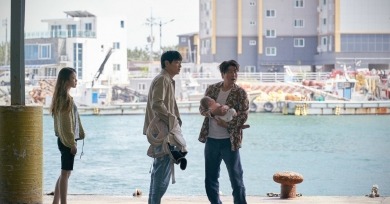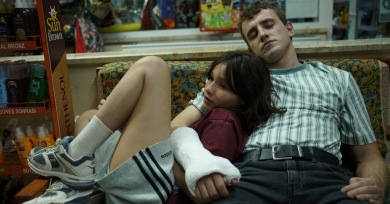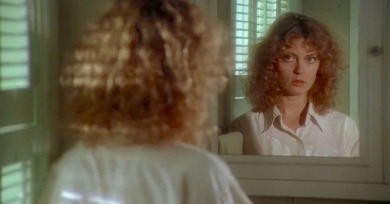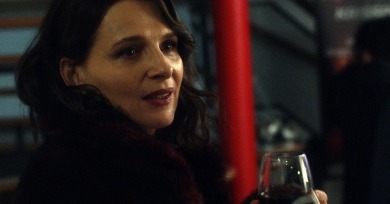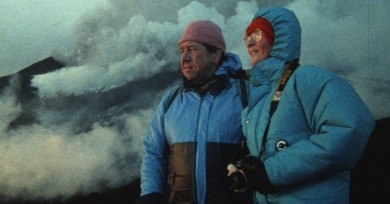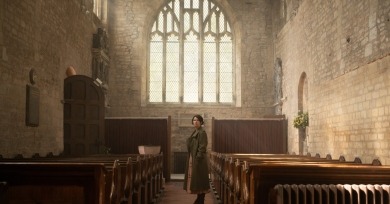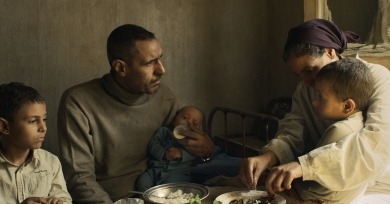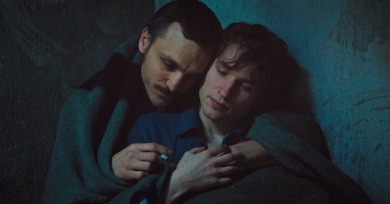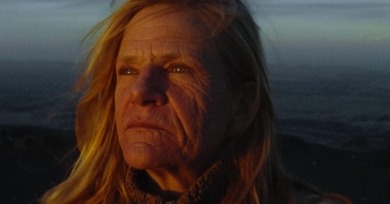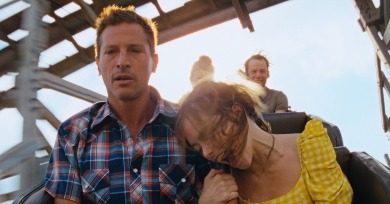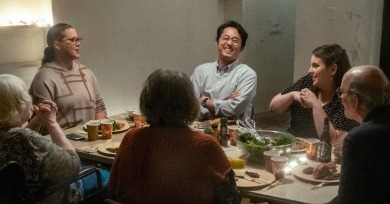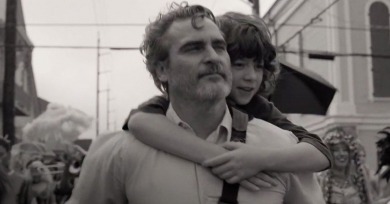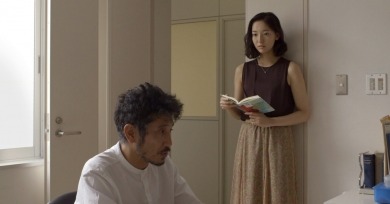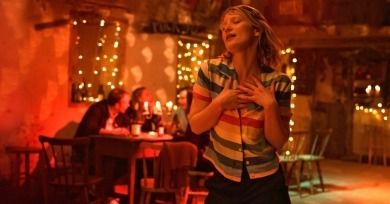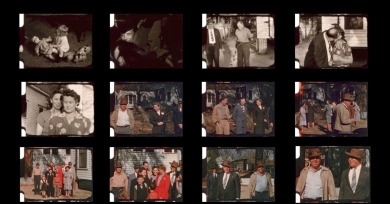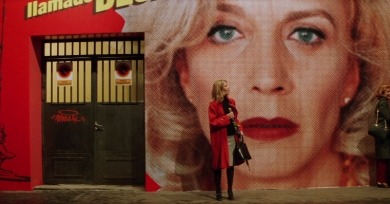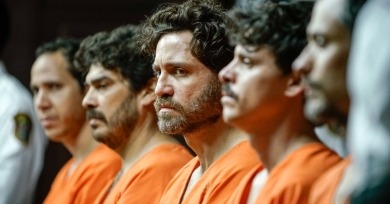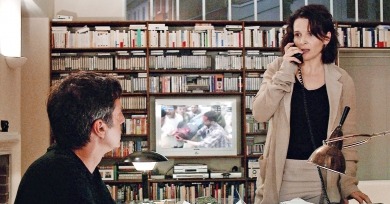Matthew Eng
Try as Kore-eda might, the questions the film raises cannot be fenced off from the global fight for reproductive justice, a battle from which this politically evasive film has been totally sequestered.
It retains the impassioned clarity of her style while enlisting its primary subject as its co-author. Nan Goldin provides illuminating, clarifying, and always candid commentary on the many chapters of her life in one-on-one interviews with Poitras, conducted on weekends during COVID.
Aftersun, the feature debut of the Scottish writer-director Charlotte Wells, comes as close as any film I can recall to giving grief a cinematic form that does not seek to explicate but instead embody its very instability.
Lou and Sally’s bond feels not like a fated union between soulmates betrayed by time but a fleeting intersection of two souls on decisively separate paths. Atlantic City is the run-down playground where this meeting is made possible.
For me, there is one goal as an actor: truth. What is the truth in a situation? Because you are a reference to people. People are spending time to watch you, so you become their reference of a situation... if the audience is spending time watching you, there is a responsibility.
Fire of Love is a singular and sublime new documentary about a couple that risks the sentimental in order to realize the truly romantic.
So much of the screenplay is concerned with the flashy presence of big, topical themes like Trauma, Abuse, and Toxic Masculinity. Garland is intrigued by these themes as talking points, but he is incapable of incorporating them into the lived realities of his characters in ways that feel organically rooted in real-world concerns.
Feathers is a caustic rejoinder to a country still dragging its feet on gender parity, particularly when it comes to the issue of labor.
Great Freedom confirms Rogowski as a protean and exceptionally physical performer, a screen star who appears to emit his own force field.
Bemoaning or simply acknowledging the metastasis of the “Sundance film” has an obvious tendency of obscuring the nonfiction and non-English narrative entries that premiere at the festival and aren’t likely to be sought out by viewers, especially virtual ones.
Red Rocket offers not a treatise against toxic masculinity, but an embodiment of it, eschewing grand statements that point back to its own topical import in favor of studying a singular character who boasts all of its worst traits with a shameless, belief-beggaring entitlement.
The overlapping bonds that come into focus in The Humans are defined as much by gentle, deep-seated affection as by private griefs, infuriating fallibilities, and past brushes with the void around whose edge so many of us, save for the most privileged, are perpetually circling.
Despite Mills’s best efforts, his fussed-over films can teeter into preciousness, especially in the concluding reunions and resolutions that cohere a little too neatly. Patness isn’t exactly the problem in C’mon C’mon—its ending is actually one of the more open-ended in Mills’s filmography—as much as its dubious blending of fact and fiction.
Hamaguchi leaves room for a viewer to meet his characters in media res during situations augmented by his keen eye for detail, his unidealized world-building, and his understanding that even the most ordinary life is a vessel of passion and pain worthy of cinematic treatment.
What does it mean to create not just in the shadow but in the very kingdom of a towering genius, one who has left a permanent mark on so many who make movies? And what if this mark is less a blessing than a curse, something like a psychic stain that stifles the creative impulse rather than nurtures it?
The crime remains so notorious in the town that, at one point, a longtime neighbor who resides by the now-shuttered family grocery refuses to discuss it with the director or even appear on camera.
Neither Koleśnik nor von Horn seek to demean Sylwia or her passion; they depict Sylwia as achieving something like serenity when working out and pushing herself beyond her threshold of pain, respecting her work by recognizing it, first and foremost, as work, as a form of labor that requires discipline and diligence.
It isn’t a stretch of the imagination to imagine my grandmother’s threat coming from the mouth of any one of Almodóvar’s fierce materfamilias, whose protectiveness is all but instinctual, their brashness an armor against a world inclined to disrespect and devalue them.
The distracting, uniform beauty of the ensemble lends Assayas’s film an almost classical glamour that threatens to redirect our focus away from narrative events and the infrequent feint at political insight.
Would our attention even be drawn, much less held, by Anne were an actor of Binoche’s stature not inhabiting her? Of course not, and Binoche appears to know that. Perhaps this is why, as the film progresses, Binoche seems to actually be leveraging the magnetism of her celebrity to vouch for the character.
